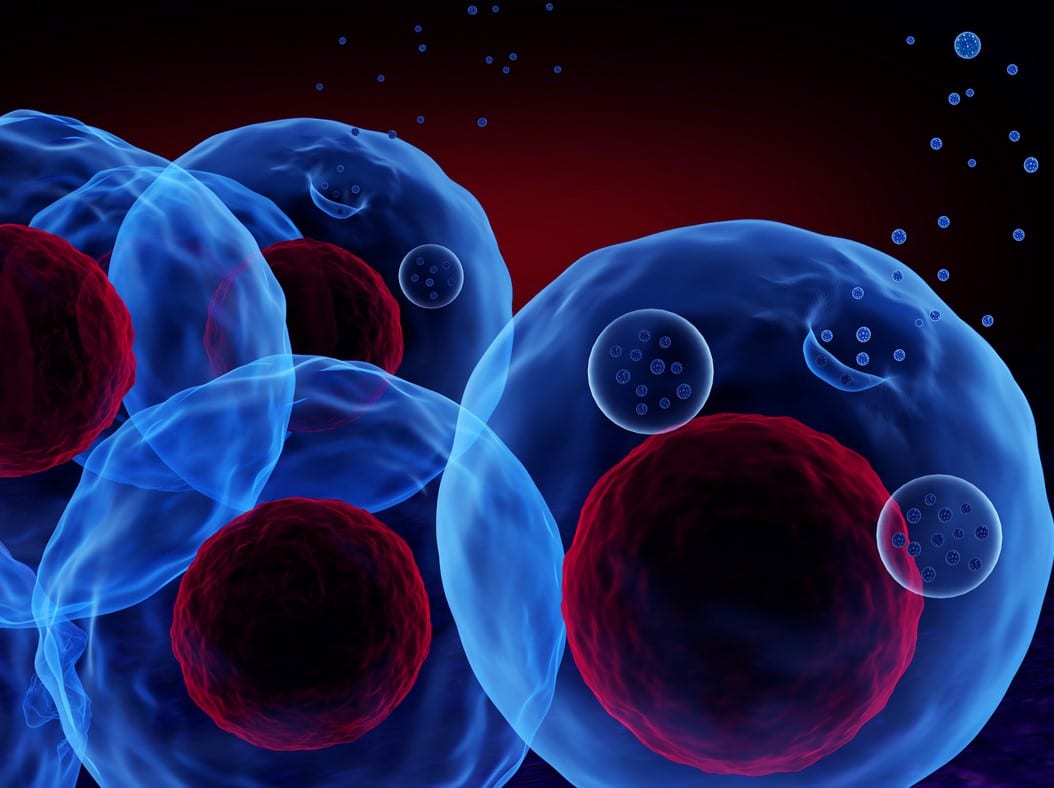Exosomes – New and Promising Approach To Strengthen and Transform Weaker Hair Into Healthier?
Discover the future of hair regeneration and stronger, healthier locks with the revolutionary power of exosomes. With their promising potential, exosomes offer a breakthrough solution to transform weak hair into a vibrant, revitalized crowning glory. Let’s take a closer look at the world of exosomes.
What are exosomes and the science behind them?
Exosomes are tiny membrane-bound vesicles or bubbles that act as messenger particles. They are released by all types of cells, including stem cells, and carry various messages from one cell to another. Our bodies contain billions of different types of exosomes, each conveying different messages depending on the cells that secrete them like,
- Healthy cells
- Stressed cells
- Dyeing cells
Exosomes can be derived from stem cells. Among different types of exosomes, Mesenchymal Stem Cell-derived Exosomes (MSC-Exo) have gained considerable attention due to their significant immunomodulatory, regenerative, and anti-inflammatory functions. These exosomes are naturally attracted to areas of inflammation and have the potential to alleviate inflammation.
What is contained within these exosome bubbles?
Inside the exosome bubbles, you can find
- Growth factors
- Anti-inflammatory factors
- Antioxidant elements
- Immune supportive elements
The Exosome science is incredibly promising in regenerative medicine. Currently, it’s in the process of FDA approval for medical usage. Doctors are allowed to use but can not claim that they are curative.
Exosome injections in the thinning area promote hair growth by providing regenerative abilities to thin hair through growth factors, resulting in stronger, healthier hair.
In genetic hair loss, exosome injections help by supplying growth factors that keep hair in the growth phase and protect it from the negative effects of DHT.
In cases of hair loss caused by autoimmune diseases, exosomal injections can prevent further hair loss and may even promote hair regrowth due to their anti-inflammatory and immune-supportive properties.

